

As part of an intensive one-year M.Ed. program that leads to licensure, Donovan Urban Teaching Scholars learn how to flourish as K–12 teachers in urban schools through a curriculum that prioritizes critical inquiry, social justice education, and community building.
When does the program start? How long does the program take?
This intensive program begins in the first summer semester after you enroll. Most students complete the program within one year (Summer, Fall, Spring and Summer semesters). The first series of summer courses are specialized virtual courses for Donovan students only, which aim to galvanize the cohort around shared understandings and launch their practice for the year. Students are expected to be on campus starting in the fall semester and continuing throughout the program. Although most Donovan Scholars will still need to be enrolled in courses during the second summer, the cohort can participate in the May graduation.
I’m working full-time at an urban school. Can I complete my practicum requirement at my job?
The Donovan Urban Teaching Scholars Program is dedicated to guiding and supporting students as they continue to build their educational community. Students gain valuable experience while pursuing their desired teaching licensure area throughout their studies at Boston College.
When entering the program, we understand that candidates might hold employment within the educational community and may hope to keep these roles while enrolled in their studies to fulfill the practicum requirement. All existing employers must be approved partners and comply with the Department of Elementary and Secondary Schools (DESE) guidelines. Please note that the Donovan Program can only guarantee that your practicum placement will fulfill the required mandate if the appropriate partnership is present. Confirming that existing roles satisfy the DESE's requirements for completing the state practicum is crucial.
If candidates are actively seeking employment or are currently employed (e.g., teacher of record, teacher's assistant, paraprofessional, intern, teaching fellow, etc.), we require that candidates submit a request to the Office of Field Placement and Partnership Outreach and receive approval to verify that the employment environment is suitable to fulfill both the pre/full practicum and licensure requirements. The pre/full practicum experiences are each completed in one semester (Fall/Spring) except for extended placements.
We aim to empower all teacher education candidates to become successful, qualified educators with the knowledge, skills, and practical experience necessary for their chosen careers. Together, let's shape the future of education and inspire generations to come.
Does Donovan still require the GRE as part of the application process?
No, the GRE is no longer required for any of our programs.
Will Donovan offer info sessions or webinars? Will they be held in person or virtual?
Our webinars are hosted throughout the academic year. Check the Admissions page to learn more about our upcoming events.
Can I meet with anyone to understand more about Donovan as I work through my application?
Of course! Please email us at donopgrm@bc.edu.
Do I have to be admitted to both the Lynch School and Donovan to be in the Donovan program?
Yes, in order to be a part of the Donovan program you must be admitted to both the Lynch School as well as the Donovan Program. However, you can be admitted into the Lynch School and continue your program of study but not as a Donovan.
How many people are typically admitted into Donovan per year?
Typically, around 30 Donovan students are admitted per year.
When is the application due?
Applications are due by the priority deadline listed below.
How does the program distribute financial aid?
All Donovan Scholars receive 50% tuition remission. In addition, the Lynch School's Graduate Admissions Office and Urban Outreach Initiatives works with each Donovan Scholar to create a generous financial package that may include additional grants, scholarships and internships. Applicants should complete the FAFSA process.
Donovan Scholars select the desired program from the list below which correlates with a state license. You may choose any state to become licensed in and will complete the appropriate assessment(s). For example, a person seeking a teacher license in Massachusetts will complete their educator preparation program (M.Ed.), receive endorsement, and pass the MTELs required for the subject area/grade level.
Learn to teach, challenge, and nurture a diverse range of Pre-K–2 students.
The Elementary Education program is designed for students who wish to teach in grades 1-6.
Students can select one of three secondary education degree programs: Master of Education (M.Ed.), Master of Arts in Teaching (M.A.T), and Master of Science in Teaching (M.S.T)
This program prepares teachers to work with PreK-8 and 5-12 students with mild to moderate disabilities.
Donovan Scholars participate in cohort-centered courses and professional development courses. In addition, scholars in our cohorts are provided opportunities to leverage the dense bonding and bridging relationships that are built into their practicum experiences to grow as teachers and educators. Ultimately, our graduates go on to enjoy rewarding positions in urban education settings around the world.
The program commits to recruiting aspiring educators committed to urban education. Each year, the program welcomes a cohort of up to 30 graduate students, many of whom were educated in urban schools themselves, and aspire to give back to their communities in constructive and lifelong ways.
Donovan Scholars are committed to pre- or full- practicum (student teaching) in our partner urban schools in mini-cohorts with our Donovan alumni. Additionally, the program has the capacity to adapt practicum requirements, if you are working as a teacher or teaching assistant in the local area. Learn more about the practicum here.
The Donovan Urban Teaching Scholars Program builds on specific programs of study and intergrates interactive year-long shared inquiry seminars, classroom-based research, exploration of the relationships beteween theory and practice, and co-construction of critical perspectives about teaching, learning, and schooling.
Strong alumni mentoring and induction opportunities are provided for Donovan Scholars after graduation.
All Donovan Scholars receive a minimum of 50% tuition remission. In addition, the Lynch School Graduate Admissions and Urban Outreach Initiatives Offices work with each Donovan Scholar to create a generous financial package that may include additional grants, internships, and scholarships. Financial aid awards may include a Sharp Urban Teacher Scholarship from the Peter Jay Sharp Foundation.
Upon graduation, Donovan Scholars commit to teach in urban schools (Catholic, charter, or public) for at least three years.
Students admitted into the Donovan cohort may be eligible to receive the Sharp Urban Teaching Scholarship. Through a generous donation from the Peter Jay Sharp Foundation, these scholarship funds provide additional financial support by means of a stipend payment. Recipients are highly talented graduate students committed to teaching in urban schools.
“ In many ways, my work is a continuation of what I started as a Donovan Urban Teaching Scholar at BC. That program prepares educators to teach in urban classrooms in Boston. Over the years, it has been an important pipeline for developing equity-minded and social-justice-minded educators who teach to the whole student. Four of my former students have gone through the program and are now teachers themselves. To be able to see them in classrooms is just a really rewarding thing. ”
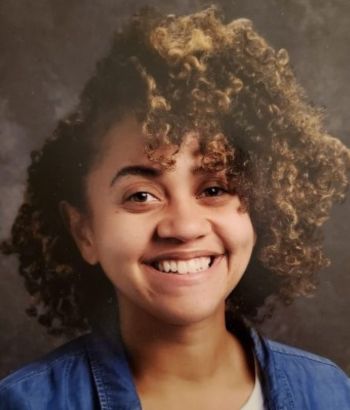
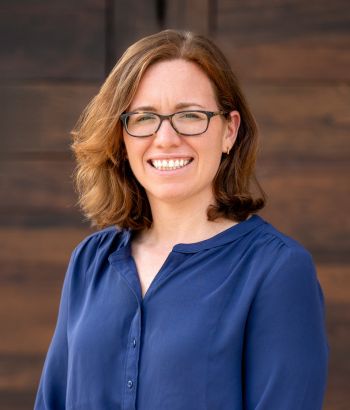
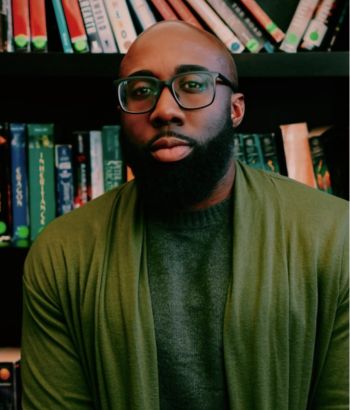
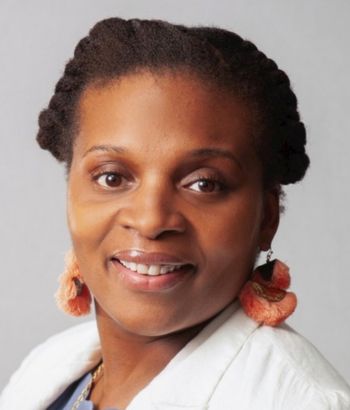
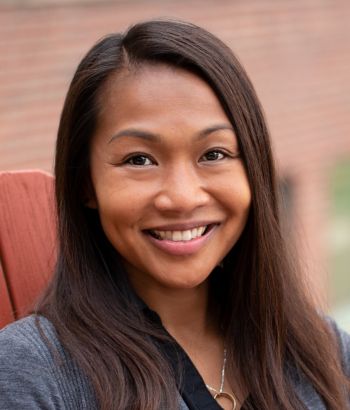
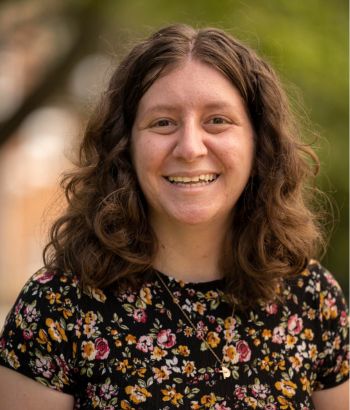
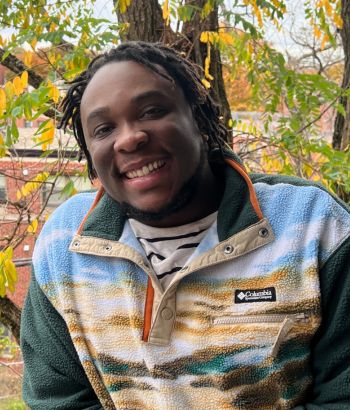
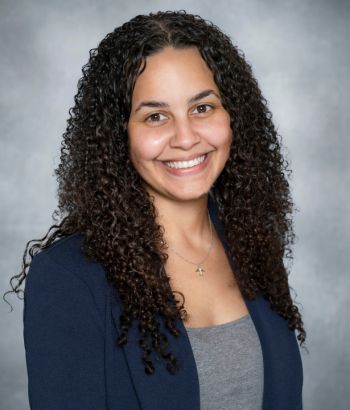
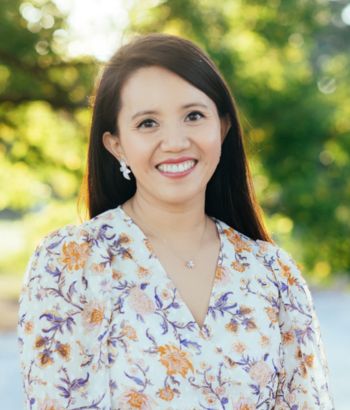
If you have questions about the application, please email donopgrm@bc.edu. If you have questions regarding the receipt of application materials, please email gsoe@bc.edu.
In order to apply to the Donovan program, applicants must:
Demonstrate a prior commitment and passion to meeting the needs of children and families in urban areas.
Submit an application to the Lynch School of Education and Human Development, and be accepted into a M.Ed. of Education program in early childhood, elementary, secondary, or moderate special needs education. (Please select Summer as your entrance term and answer "yes" when asked if you are applying to the Donovan program).
At this time, Donovan Scholars are not able to participate in dual-licensure programs because the amount of required credits exceeds the length of the one-year program.
The $75 application fee will be waived for all applicants to the Donovan Scholars program's Summer 2026 cohort.
Upon graduation, Donovan Scholars commit to teach in urban schools (Catholic, charter or public) for at least 3 years.
To be uploaded to your online application form.
In addition to your academic history and relevant work experience, please include any licenses currently held, any social justice-related experience, and language skills other than English, and any research experience or publications.
To be uploaded to your online application form.
In 1,000-1,500 words, double spaced, describe your academic and professional goals, any experience relevant to this program, and your future plans, expectations, and aspirations. Please note that the intention of your personal statement is also to demonstrate your writing skills.
Identification of recommenders/instructions to recommenders are outlined in the online application form.
Two letters of recommendation are required with at least one required from an academic source. Applicants may submit one additional recommendation of their choice.
As part of the admissions process, qualifying prospective candidates will be invited to participate in an interview for the Donovan program. The interview provides an opportunity for the selection committee to assess each candidate's suitability for the program and evaluate their skills, experiences, and motivations. It is an essential step in the application process, allowing candidates to showcase their unique qualities and demonstrate their commitment to the program's objectives.
Unofficial transcripts will be accepted in lieu of official transcripts for the application review process.
If you would like to submit official transcripts, please note the following:
Official transcripts from domestic colleges and universities can be submitted in one of two ways: hard copy transcripts can be mailed or delivered to admissions in the original sealed envelope, or electronic transcripts may be submitted to gsoe@bc.edu.
If you are a current student and have not completed your undergraduate and/or graduate degree, the most updated version of your transcript is acceptable.
Mailed transcript(s) should be sent to the following address:
Lynch Office of Graduate Admissions, Boston College
Campion Hall 135
140 Commonwealth Avenue
Chestnut Hill, MA 02467
















donopgrm@bc.edu
617-552-0695
Instagram: @bc_uoi